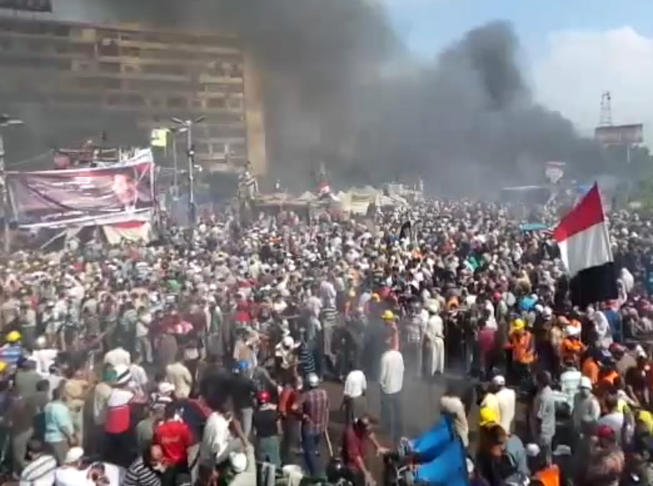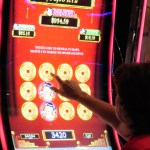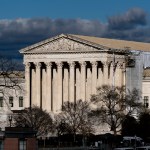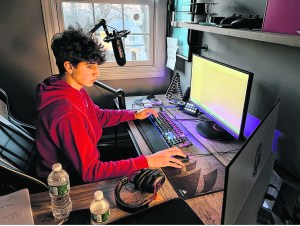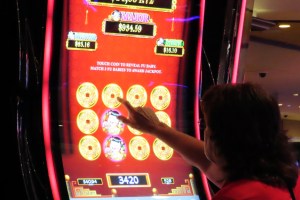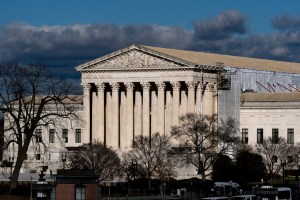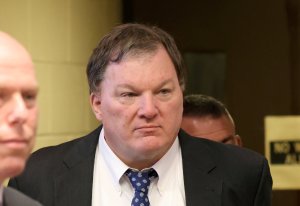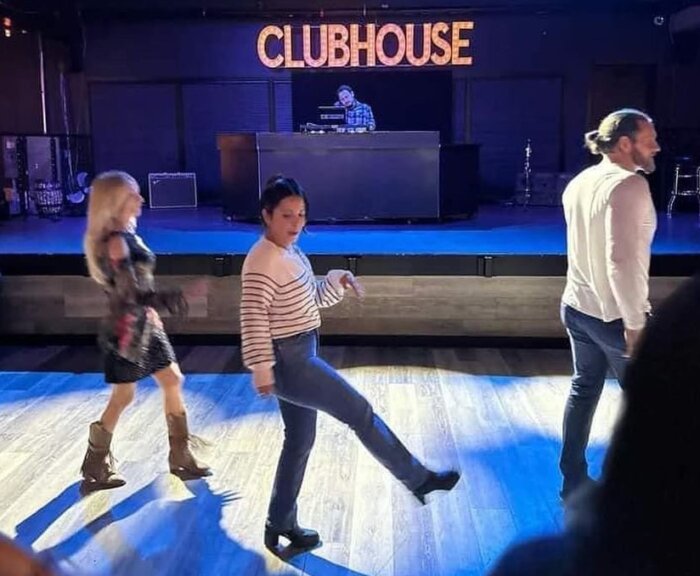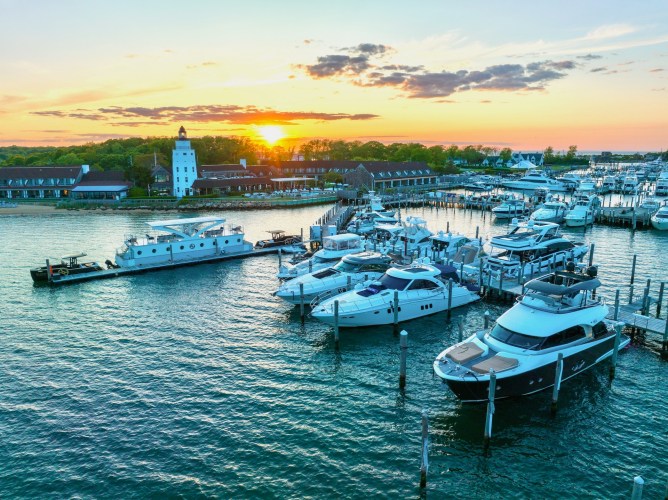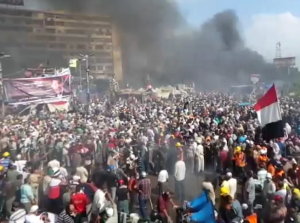
Mahmoud Ahmed stood in the shadow of the Islamic Center of Melville on Friday, greeting fellow worshipers and doing his best to remain upbeat.
But the violence spreading through Egypt—580 people, many of them protesters, were killed during bloody clashes with security forces and police on Wednesday—has him and many other local Egyptians on edge. They fear further violence as battles continue to rage in their home country with no end in sight. Photos of the dead and the carnage on the streets are seared into their minds.
“I’m not sleeping,” said Ahmed. “I’m crying.”
The 52-year-old Deer Park man moved to America years ago, but he still has family back home, a brother, and the only thing protecting him and his family from the chaos in the streets is a locked door.
They “pray every day to not get shot,” Ahmed said. “They cannot go out. They’re scared.”
Ahmed and other worshipers who poured into the mosque for Friday afternoon prayer spoke of their love for Egypt and trepidation. But many of them had a common refrain: “What can you do?”
Two years ago, dozens of worshipers at this mosque were euphoric as they celebrated the fall of Egyptian dictator Hosni Mubarak after 18 days of intense protests. It was supposed to be the beginning of a bright future for Egypt.
Today, they’re mourning.
Emotions in Egypt have been heightened ever since now-deposed president, and Muslim Brotherhood leader, Mohamed Morsi was taken into custody by the military.
The battles in Egypt touched off Wednesday at two “sit-ins” where protesters have camped out for weeks. There were reports of the military barreling into the camps with bulldozers and guns to break up the camp after repeated requests to leave peacefully went unheeded.
At Al-Iman mosque in Cairo, counted more than 150 bodies frm yestrday still awaiting burial. 2:30 PM. pic.twitter.com/1tqZIC9b2K
— Abigail Hauslohner (@ahauslohner) August 15, 2013
“Everybody is very upset because it’s our country…we don’t like this,” said Hamdy Abouhasswa of Queens, who grew up near Cairo. “This brother kills brother, it’s not supposed to be like this.”
Abouhasswa said the Muslim Brotherhood and their supporters were at fault for not leaving the camps as instructed.
“They stopped life over there,” he said, adding that protesters snarled traffic and made life difficult for nearby residents.
Mohammed Elseendiony, treasurer of the Islmaic Center of Melville, said he’s bothered by video of snipers “hunting from the rooftops,” and what he believes was excessive forced used by the police.
Cairo Rabaa Islamist sit it, wreckage of tents still smoldering pic.twitter.com/vpCrEOpZ2v
— David D. Kirkpatrick (@ddknyt) August 15, 2013
“I believe strongly that there were warnings—yes—but…shouldn’t [police] have started with a water cannon?” he said. They “should have started with something to let them clear.”
“We think that all parties should get together to talk, to air it out and to figure out how they can proceed in the future,” he added.
Habeeb Ahmed, chairman of the Islamic Center of Long Island in Westbury, who is from India, but is a strong voice in the Muslim community, said it’s been upsetting seeing “Muslims killing Muslims,” but he’s also unhappy with the American government for failing to characterize the unseating of Egypt’s first democratically elected president a coup.
“It is very bad because Egypt is really the leader in the area, they may not be rich, but the population is so big,” he said. “So whatever happens in Egypt, it will affect other countries in the area. So it is very important things are done right in Egypt for America’s sake, for Egyptians’ sake, for everybody’s sake.”
The turmoil has left a deep emotional wound for Ahmed, the Deer Park man. He wants the bloodshed to end.
“I wish I die before I see Muslims kill Muslims like this,” he said.



